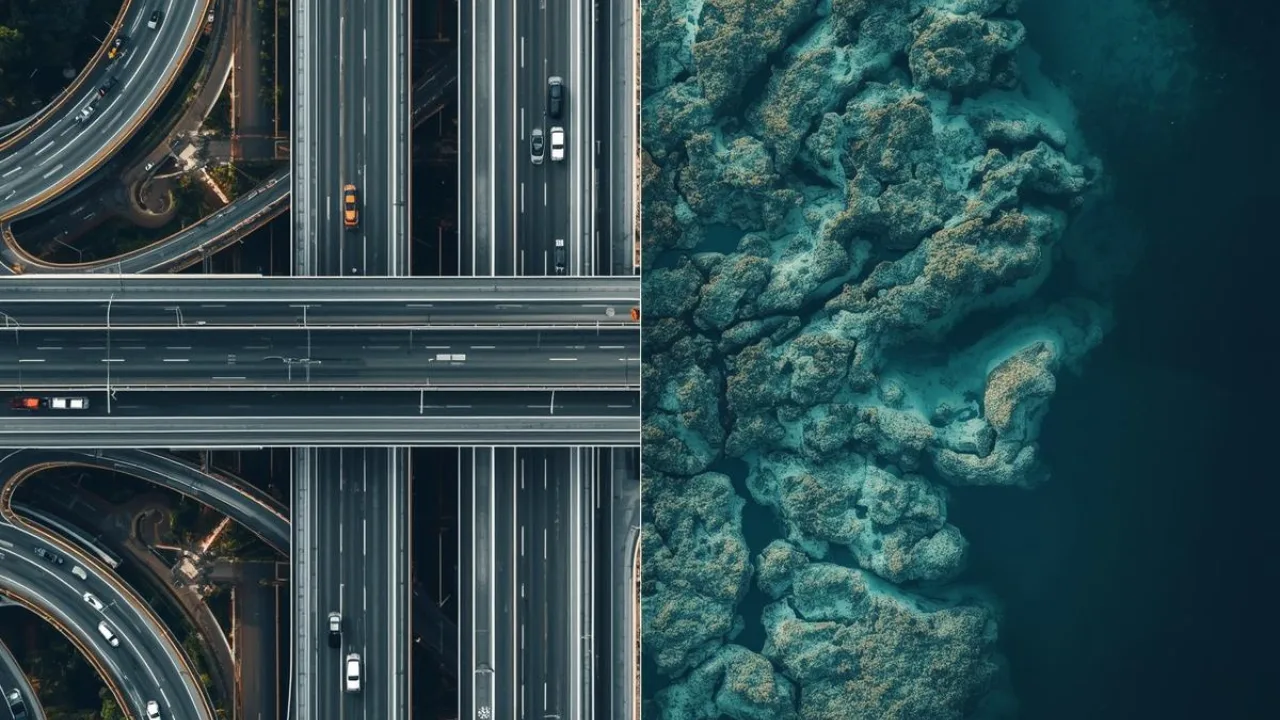Key Takeaways from the Economist Impact Sustainability Week in London
Why gradual changes rather than large, transformative ones will not win us climate change
Company News
Apr 13, 2023
Emily Houston

Last month, I attended the 8th Annual Economist Impact Sustainability Week in London. The event gathered knowledgeable speakers from sectors and organisations across the world with more than enough expertise and collective resources to make a significant impact in our battle against climate change. The event took place shortly after the release of the IPCC AR6 Report, that warned of the unprecedented challenge required to keep warming down, so it was fitting that throughout the two days, speakers reminded us that the science is no longer arguable - climate change is not a secret, and the biggest cost we face is not in fact the cost of action, but the cost of missing out on the opportunity to act.
Some things were clear:
The opportunity is in the data
Data allows us to have enriched and credible conversations. This is critical for investors who like clear business models with calibrated risk and granularity of data, in other words making it more comprehensive and precise.
However, this also brings up the question of how can and should we avoid paralysis by trying to measure everything because we can’t wait for the perfect data or system to take action.
Carbon accounting is the new language
We are operating in a new language. While we can account in dollars, we haven’t worked out how to account in tonnes and we need to continue to refine and develop this and enable it to feed into reporting metrics - but also ensure we don’t spend all our time reporting and not acting.
In addition, businesses are increasingly prioritising nature and biodiversity but we cannot wait until we have a global agreement on nature-based carbon or biodiversity pricing to take action.
Systemic change is critical
We need to start the change now and consider both mitigation and adaptation. The first is to ensure we do our best on reducing and halting the impacts of climate change and the second is to ensure we can adjust to the current and future effects of climate change.
The tragedy of the horizon is now not on the horizon, it is very close, the science is undeniable, and action is essential. Waiting for the perfect system or total clarity will not take us there, we need to take a leap of faith knowing we are moving in the correct direction.
Sustainability as the norm
We need to expand the range of opportunities or lower the near-term risks (like the ones related to not removing carbon dioxide now), the goal is to raise and level the playing field so sustainability becomes the norm.
We need to move from a system of sustainability to regeneration - bringing back lost life, restoring communities and ecosystems, and ensuring fairness remain central.
The old systems will have to change - markets struggle to account for long-term risks ( either environmental, financial, or reputational) or internalising negative externalities (internalising the negative costs of climate change into a decision-making process) and we need to overcome the pressure of short-term performance over the importance of a long-term vision.
Greenwashing is still an issue
Media will report on the financial loss from consumers losing faith and product recall, what is not reflected is the cost to the planet.
To me, it was clear that morality and collaboration need to be prioritised. If we keep talking through the lens of the best business opportunities and how to make money, we risk forgetting that through inaction and small, gradual changes rather than large, transformative ones we are sacrificing our lives for the climate crisis. Incremental approaches that are waiting for the perfect data, accounting, systems, regulations, and consumers are no longer enough. Paul Polman reminded us that every day after Earth Overshoot Day, we are stealing from future generations as we have already surpassed planetary boundaries. This year, Earth overshoot day falls on July 27th.
If your organisation is thinking of investing in nature but doesn’t know where to start, let us help you on this journey. Instead of doing less harm, let’s work together to do more good.



